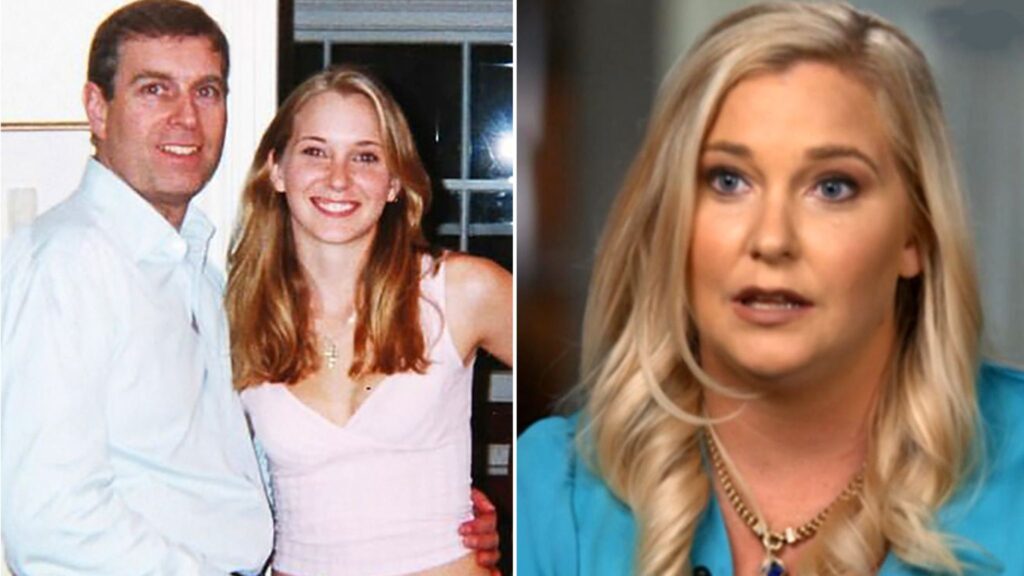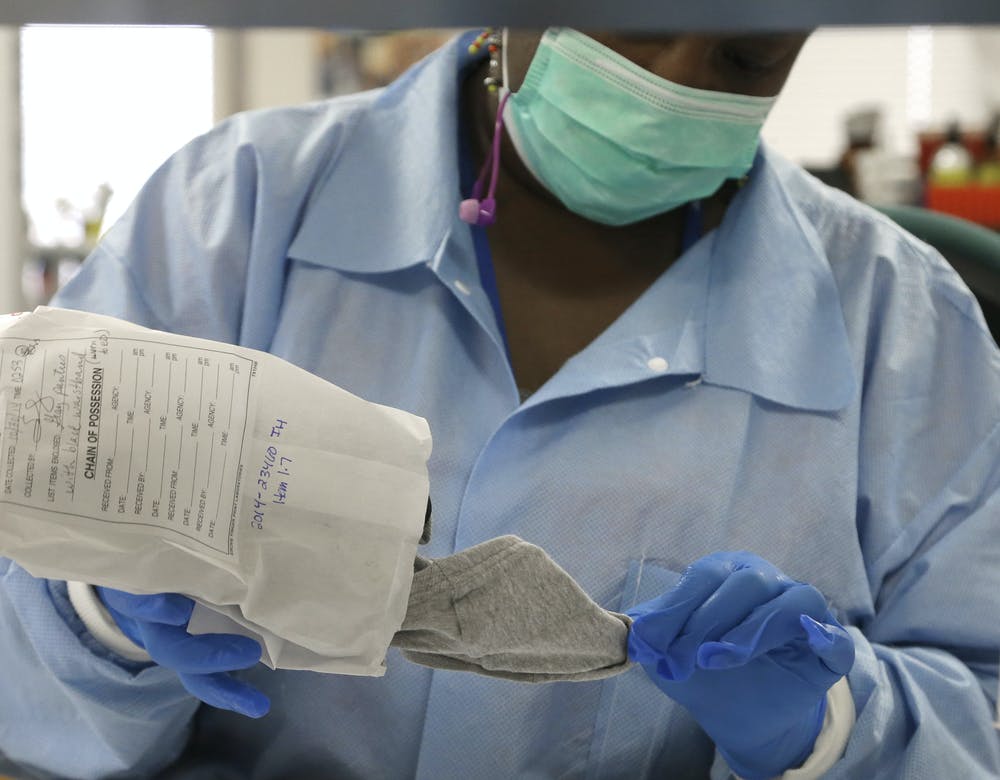New laws give victims more time to report rape or sexual assault – even Jeffrey Epstein’s

Images courtesy of Virginia Roberts Giuffre
Jane E. Palmer
Professorial Lecturer, Department of Justice, Law & Criminology, American University School of Public Affairs
The #MeToo movement seems to be having a positive effect on sexual assault and rape victims’ willingness to report the crimes against them.
New laws being passed around the country may increase these numbers even more by giving victims more time to seek justice in either criminal or civil court.
A new law in New York state, the Child Victims Act allows those who were victims of sexual assault as a minor more time to report crimes – until age 28. The law also allows more time for victims to sue alleged perpetrators or negligent institutions – until age 55. Previously, the age limit for both types of cases was 23 with an exemption only for the most serious felonies.
The law also opens up a one-year window for victims of any age to file civil law suits, no matter how long ago the abuse occurred. This window opens on Aug. 14.
Some states have gone even further. Last month, my home state of Illinois became the eighth state to completely eliminate statutes of limitation for sex crimes.
As a scholar of gender-based violence currently studying the legal needs of survivors of sexual assault, I believe that these reforms may help some victims find closure.
However, without examining why someone might wait decades to report a sexual assault, why sexual offenders are often not held accountable, and why so few resources are devoted to rape prevention, I believe that increasing – but not eliminating – time limits will not help most victims heal or access justice.
Barriers to reporting sexual assault
There are many reasons victims choose not to report an attack immediately, or ever.
In a recent study on sexual assault disclosure among college students, my co-author Noelle St. Vil and I found that 72% of victims told someone about the sexual assault, but only 6% reported to law enforcement. Victims were more likely to report if they were injured or their attacker was a stranger. This type of sexual assault is also the most likely to result in a conviction, but it is the least common type of assault.
Recent events, like Dr. Christine Blasey-Ford’s testimony before the Senate in September 2018, meant that calls to sexual assault hotlines spiked over 200%. Statutes of limitations meant that most of those callers likely had no legal recourse open to them.
The new law in New York state addresses that for many victims. It will also likely mean that more civil law suits will be filed against the estate of Jeffrey Epstein who died in federal jail Aug. 10 awaiting trial on criminal charges of sexually abusing and trafficking girls over the past two decades.
‘Leaky pipeline’
More victims may be reporting and suing, but many studies have shown that the criminal legal system is a “leaky pipeline” where impunity for sexual offenders is common.
According to a 2018 investigative report that analyzed 1,300 sexual assault cases in Minnesota, 338 of these cases were sent to prosecutors by law enforcement. Charges were filed in 156 cases and only 91 of the original 1,300 resulted in a conviction.
Among assaults that were reported more than two days after the incident, only 5% resulted in conviction. Rape cases without evidence from a sexual assault forensic exam resulted in conviction just 3% of the time.

In Epstein’s 2019 criminal case, which won’t proceed because of his death, there were more than 1 million pages of evidence against him, including photos and victim testimonies.
It is more typical for cases to have little-to-no evidence, especially if it is years or decades after an attack.
Civil vs. criminal options for victims
In criminal court, the standard for conviction is to demonstrate that the abuse happened “beyond a reasonable doubt.” That’s difficult to do when victims do not report promptly or when there is no DNA collected or evidence of injury.
In the criminal system, a conviction means the defendant serves time in prison or jail, is put on probation or must register as a sex offender. But once charges are filed, the case is not in the victim’s control.
New York’s Child Victims Act, and similar reforms in other states, opens the door for more victims to pursue civil law suits instead of reporting to police. In civil cases, it has to be established that it is “more likely than not” that the abuse occurred. Victims can file suits to seek compensation for medical, legal or mental health costs or even gaps in employment due to depression or anxiety.
In 2002, California was the first state to offer a one-year window for victims to come forward in cases where the statue of limitations had run out. As a result, nearly US$1 billion was paid in civil lawsuit settlements by churches and insurance companies.
In many states, including New York, victims can also sue institutions like police departments, the Boy Scouts of America and even the Vatican.
Attorneys representing some of Epstein’s victims intend to proceed with filing suits against his estate, and it’s possible that his assets could be used for victim restitution.
Civil suits can be emotionally taxing for victims, costly and time-consuming, but the civil process offers victims more control over the case, including the ability to withdraw it.
Civil legal attorneys can also help victims with concrete needs related to housing, employment, immigration issues or educational access.
The cost of sexual assault
Some victims who take advantage of the Child Victims Act may be believed for the first time and that may help them heal from their trauma. But for many, statutes of limitation reforms are too late.
Every American rape takes an estimated $122,461 out of the economy over a victim’s lifetime, with the losses related to criminal justice costs, health impairment and loss of productivity. Over the nation’s population, that adds up to $3.1 trillion. Serious investments in prevention could substantially reduce these costs, and perhaps a foundation could use Epstein’s assets to do just that. And one day, perhaps #MeToo will be #NotNeeded.
Republished with permission from TheConversation under commons license.
NOTE: Jeffrey Epstein may be dead but his gal pal, Ghislaine Maxwell is in jail waiting for trial. She has accused Prince Andrew of being a participant when she was sex trafficked by Jeffrey Epstein and Ghislaine Maxwell.
NOTE: PRINCE ANDREW HAS BEEN SERVED with sex abuse accuser Giuffre’s lawsuit/court filing. Cesar Sepulveda, identifying himself as a “corporate investigator/process server,” filed formal COMPLETION OF SERVICE DOCUMENTS in Manhattan Court. It says that he left a copy of Virginia Giuffre’s lawsuit on Aug. 27 with a police officer guarding the Royal Lodge in Windsor, England, a property Andrew uses.


